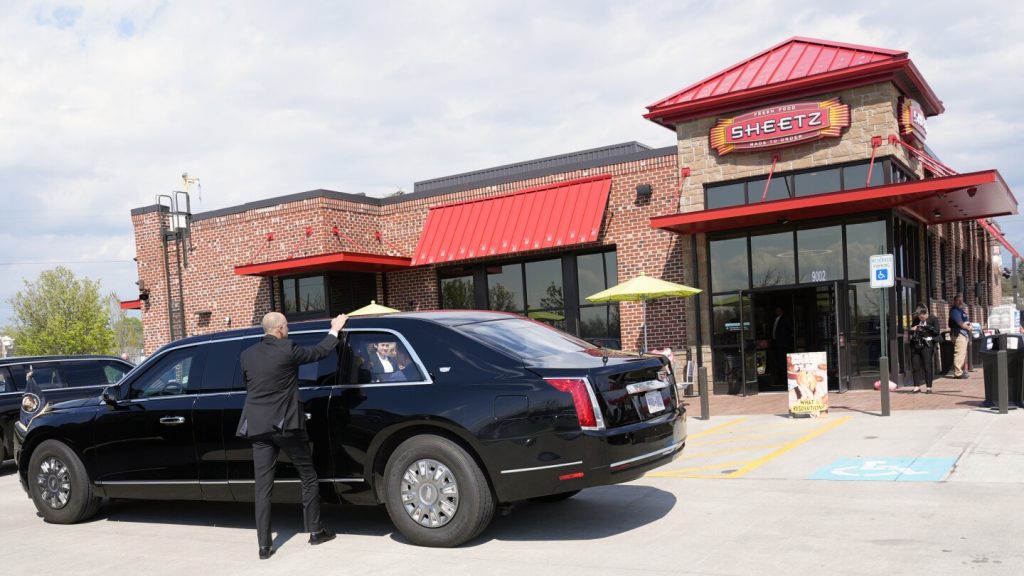The Sheetz convenience store chain is facing a lawsuit from federal officials who allege that the company discriminated against minority job applicants. The lawsuit, filed by the Equal Employment Opportunity Commission (EEOC), claims that Sheetz discriminated against Black, Native American, and multiracial job seekers by automatically rejecting applicants based on criminal background checks. Sheetz, which operates over 700 stores in six states, has denied these allegations and stated that they do not tolerate discrimination of any kind.
The EEOC lawsuit alleges that Sheetz’s hiring practices have a disproportionate impact on minority applicants, violating federal civil rights laws. The company was sued under Title VII of the Civil Rights Act of 1964, which prohibits workplace discrimination based on race, sex, religion, and national origin. The EEOC is seeking to force Sheetz to offer jobs to applicants who were unlawfully denied employment, as well as provide back pay, retroactive seniority, and other benefits to those affected by the discriminatory practices.
Federal officials clarified that they do not believe Sheetz was motivated by racial animus, but rather take issue with the way the company uses criminal background checks to screen job seekers. The EEOC found that Black job applicants were denied employment at a rate of 14.5%, while multiracial job seekers were turned away 13.5% of the time, and Native Americans were denied at a rate of 13%. In comparison, fewer than 8% of white applicants were refused employment due to a failed criminal background check.
Sheetz, which is a privately held, family-run company with over 23,000 employees, has stated that diversity and inclusion are essential parts of who they are and that they take the allegations seriously. The company’s spokesperson mentioned that they have been trying to work with the EEOC for nearly eight years to resolve the dispute. The lawsuit was filed in federal court on the same day that President Joe Biden stopped at a Sheetz market in western Pennsylvania, buying snacks and interacting with patrons and employees.
The EEOC began its probe of Sheetz after receiving complaints from two job applicants alleging employment discrimination. The agency found that the company’s criminal history screening disproportionately affected minority applicants, leading to their denial of employment. Despite efforts to mediate a settlement, the EEOC was unable to reach an agreement with Sheetz, leading to the filing of the lawsuit this week. The agency is seeking to hold Sheetz accountable for its unlawful hiring practices and provide relief to those affected by the discriminatory practices.


